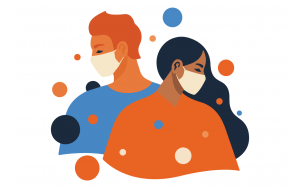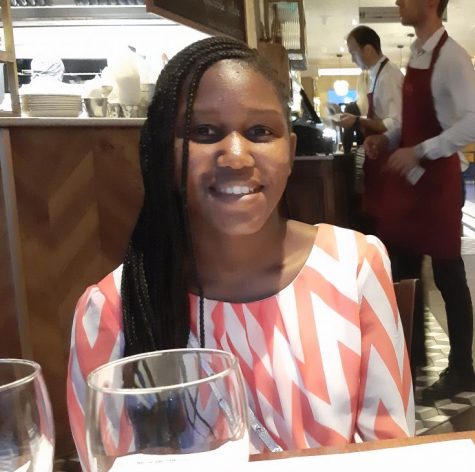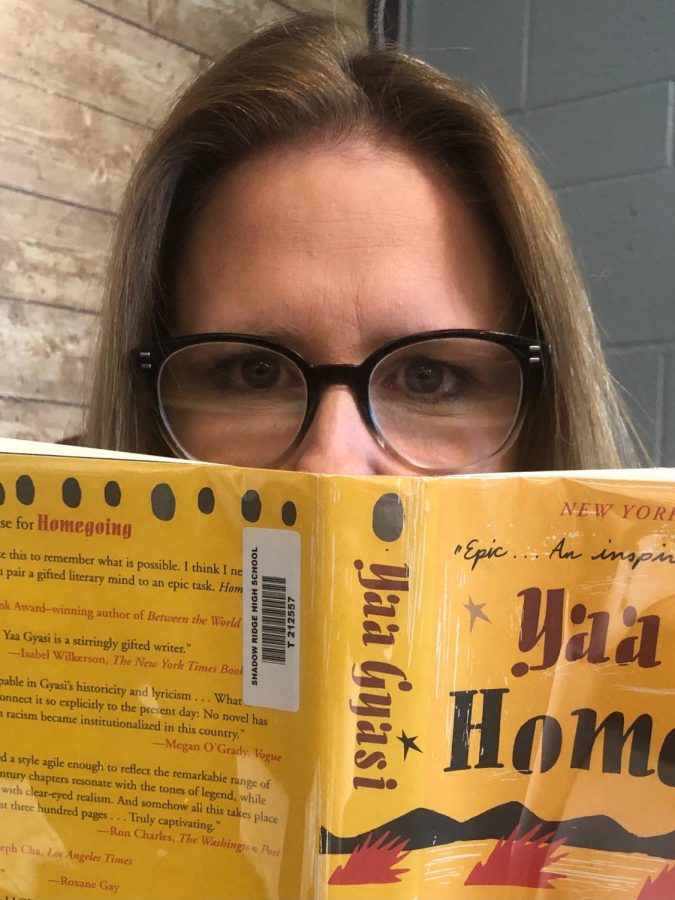Family Gatherings Create A Rise in Covid Cases
January 28, 2021
Ever since the start of quarantine in March of last year, issues such as loneliness, depression, and grief have gripped the nation. Hundreds of thousands of people have tragically passed away from Covid-19, and many are overwhelmed and frustrated by the amount of change that has happened to everyone’s lives. A prolonged amount of time has caused millions of people to travel to see their families for multiple different reasons. But ongoing grief, moving, and the recent celebration of the holidays have been major causes for a rise in the spread of Covid-19.

Among those surveyed in early June, 3% say they themselves moved permanently or temporarily due to the coronavirus pandemic, and 6% say someone moved into their household because of it. (Some had more than one of these things happen.) An additional 14% of those who did not personally experience relocation say they know someone else who moved,” states pewresearch.org.
This shows that a lot of people traveled during the pandemic. Most people traveled to be with a loved one or ill family member or to come back home from working in a faraway place. But what was surprising weren’t the reasons that people traveled, it was the demographic. Recent studies show that the majority of people who traveled the most during the raging pandemic were people aged 18-29. Young adults were the main group of people who moved the most in the United States, but are also the major demographic who gets the blame for spreading the virus. But although this may be the case, there are still other reasons why large groups of people continue to spread the virus.
“Many earlier coronavirus clusters were linked to nursing homes and crowded nightclubs. But public health officials nationwide say case investigations are increasingly leading them to small, private social gatherings. This behind-doors transmission trend reflects pandemic fatigue and widening social bubbles, experts say — and is particularly insidious because it is so difficult to police and likely to increase as temperatures drop and holidays approach,” says The Washington Post.
Preventing large groups of people from gathering together has proven almost impossible for law enforcement, and stopping the spread of the virus due to this is nearly impossible. But by closing down public areas, such as bars, restaurants, parks, and clubs, these methods can help slow the spread of the virus. Even though it may be impossible to physically go into people’s homes and stop gatherings that are too big without a warrant, putting restrictions in place such as curfews are good ways to start.
“Travel can increase your chance of spreading and getting COVID-19. Postponing travel and staying home is the best way to protect yourself and others from COVID-19,” states cdc.gov.







